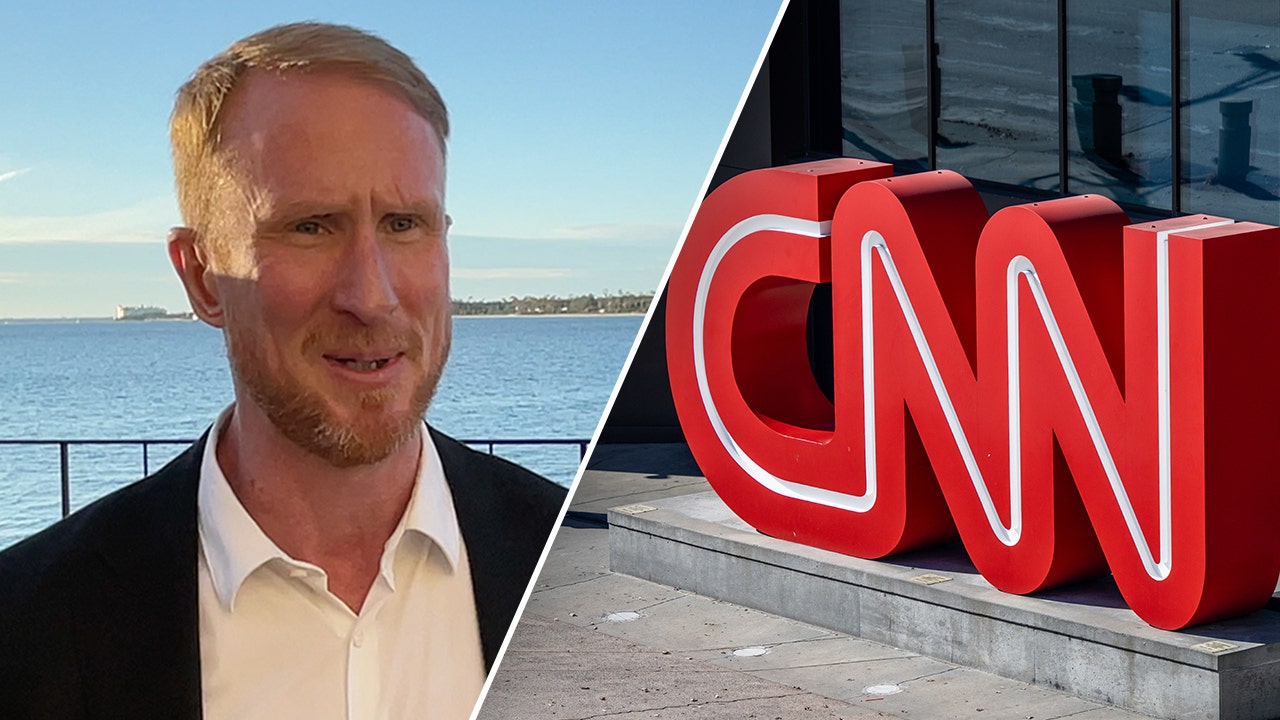BlackRock and the state of Tennessee on Friday reached a settlement over a lawsuit claiming the asset management firm downplayed how large a role environmental, social and governance proposals made in its investment process.
The settlement is another win for red states that have launched attacks against companies with ESG goals — including DEI initiatives, a subsect which stands for diversity, equity and inclusion – claiming the proposals are counteractive to shareholder interest.
“BlackRock’s stringent obligations under this settlement ensure Tennesseans will not see their retirement funds used to support radical ideologies they oppose,” Tennessee Attorney General Jonathan Skrmetti said in a statement.
Under the settlement, BlackRock will be subject to increased transparency, regular audits, compliance trainings, cooperation with the attorney general, improved investor communications and a commitment to financial interests.
The suit – which was filed in 2023 by the state of Tennessee – accused BlackRock of making “misleading” statements on how strongly ESG proposals steered its investments.
BlackRock has dismissed the claim, arguing it accurately discloses its investment practices.
“We’re pleased to resolve this matter,” a BlackRock spokesperson told The Post in a statement. “BlackRock has consistently acted in the best interests of our clients, and we welcome the opportunity to demonstrate that fact through even greater transparency about our practices.”
The settlement did not result in a penalty, fine or admission of wrongdoing on BlackRock’s part.
Last week, a federal judge ruled that American Airlines violated federal law by allowing its 401(k) manager BlackRock to weigh ESG factors in its investments.
Judge Reed O’Connor of the Northern District of Texas said the air carrier violated its fiduciary duty of loyalty.
Friday’s settlement could be an indicator for other cases involved in the Republican-led war against ESG investing.
A coalition of 11 states led by Texas slapped BlackRock, Vanguard Group and State Street Corp. with a lawsuit in November accusing the firms of operating as an “investment cartel.”
The suit accused the asset managers of colluding to acquire stakes in coal producers and then push ESG goals – which hurt coal production, sent electricity costs up and increased profits for the firm.
BlackRock has dismissed the suit as “baseless” claims that go against “common sense.”
“The suggestion that BlackRock has invested money in companies with the goal of harming those companies is baseless and defies common sense,” the company previously said.














